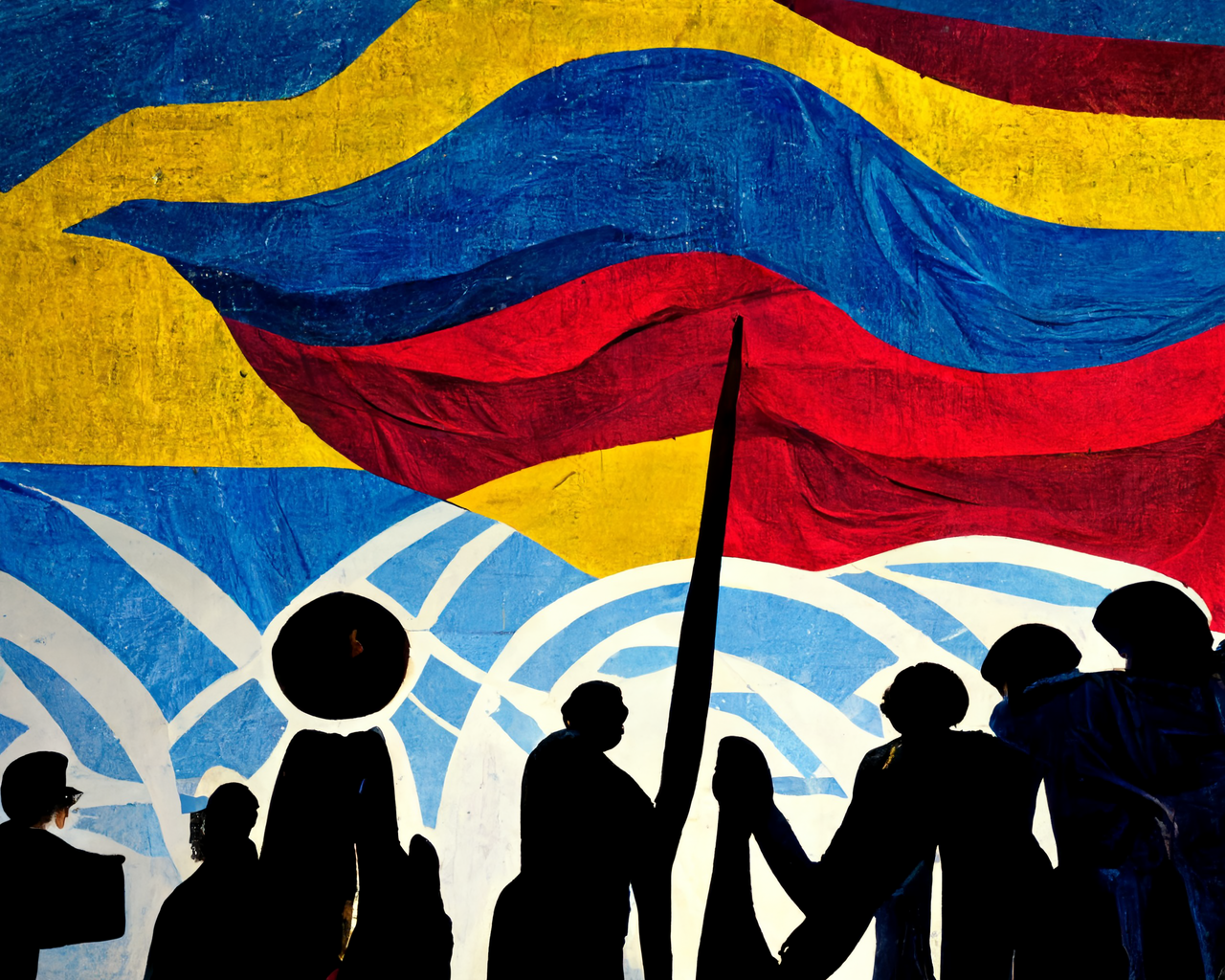
Launch of the Network of defenders rights' protection in Africa
ISHR, in collaboration with partners, has established a network of legal professionals for the protection of human rights defenders in Africa.
A group of leading international human rights organisations, including the International Service for Human Rights and Amnesty International, have called on the UN to ensure that non-government organisations are not excluded from key UN meetings.
The call was made in response to a resolution proposing that an NGO could be excluded from a high-level international meeting on immigration and development if any state objected to the participation of that NGO on any grounds whatsoever.
“Non-government and civil society organisations have a critical role to play at the UN, ensuring that the voices of people on the ground are heard and understood. This is particularly the case on issues such as migration, poverty alleviation and development, where NGOs are the experts,” said Madeleine Sinclair of the International Service for Human Rights.
The proposal to exclude any NGO on the basis of any objection by any state reflects a concerning trend to restrict NGO access at the UN.
“Unfortunately the ‘no-objection’ procedure has become prevalent in a range of meetings at UN headquarters in recent years,” said Ms Sinclair.
“The ‘no-objection’ procedure is severely flawed. Its arbitrary and ad-hoc nature not only risks excluding relevant and valuable voices, but can also lead to censorship and politically motivated exclusion of critical voices,” she said.
“Despite rhetoric supporting the vital role that civil society plays within the UN, the procedure flouts basic principles of accountability, transparency and due process.”
The International Service for Human Rights deeply regrets that, despite the NGO letter, the resolution providing for the exclusion of NGOs was passed by the UN General Assembly. “ISHR calls on all states to reflect on the valuable role of NGOs in promoting and protecting human rights and to ensure that civil society organisations can meaningfully participate in and contribute to UN General Assembly processes.”
Background
In December 2012, fifteen NGOs, including ISHR, issued a joint letter on NGO participation in the draft Migration and Development resolution of the General Assembly.
The joint NGO letter was developed in response to provisions in the draft resolution that could be used to limit the participation of NGOs in the 2013 High Level Dialogue on Migration and Development to those that are ‘relevant’, ‘in consultative status with the Economic and Social Council’ and to whose participation no State objects. The concern is that such language is open to a politically motivated exclusion of NGOs and undue censorship of these legitimate stakeholders.
This ‘no-objection’ procedure for NGO participation, whereby NGOs can be barred from participating if a single State objects, is severely flawed. The arbitrary and ad-hoc nature of the procedure poses a severe obstacle to the effective participation of NGOs, and undermines the planning of meaningful NGO contributions. By its very nature, the procedure risks excluding relevant voices in each of the fora it is applied, and we therefore object to its application. Unfortunately the ‘no-objection’ procedure to arbitrarily and unfairly restrict NGO access has become prevalent in a range of meetings at UN headquarters in recent years. For example, the ‘no-objection’ procedure was included in a resolution setting out modalities for a 2013 high-level meeting of the General Assembly on the realization of the MDGs for persons with disabilities. The procedure was also used to manage NGO participation in the General Assembly’s treaty body strengthening process in 2012.
The ‘no-objection’ procedure was included in a revised resolution issued by the drafters, though consensus could not be found. The resolution was put to a vote (by the EU). The result of the vote was: 110 for, 2 against, 46 abstaining. Click here for a breakdown of votes by region (Click here for a breakdown of votes by region). Canada and the US voted against the resolution. The rest of the Western Europe and Others Group abstained. All of Latin American and Carribean States voted for the resolution, with the notable exception of Mexico, which abstained. All of the Eastern European Group abstained except Russia and Belarus, which voted in favour of the resolution. All Asian states voted in favour of the resolution with the exception of Japan, Korea and Cyprus, which abstained.
The US, EU, Mexico, Australia, New Zealand, Switzerland and Norway all referred to the NGO participation issue in their explanations of vote. China is the only State that spoke in support of the ‘no-objection’ procedure. The US specifically referred to the NGO letter, explaining that they shared our concerns that the ‘no objection’ procedure could be used to limit participation without transparency or due process.
It is our hope that this result will lead to further scrutiny of the use of the ‘no-objection’ procedure as accepted practice at the General Assembly and that States will build on this momentum to reject the procedure in future resolutions dealing with modalities for General Assembly processes.

ISHR, in collaboration with partners, has established a network of legal professionals for the protection of human rights defenders in Africa.

Venezuela is at a complex political juncture. In this context, sixteen national and international civil society organisations have put forward a ten-point list of priority demands.

Fifty organisations urge the UN Human Rights Council to urgently convene a special session to address an unprecedented escalation in mass unlawful killings of protesters in Iran.